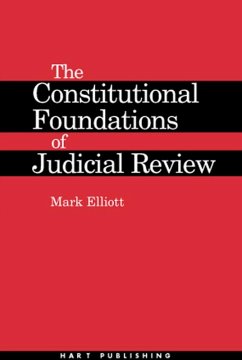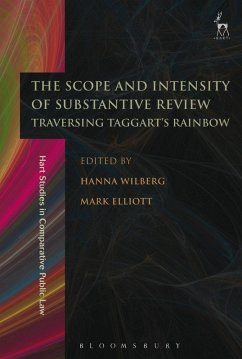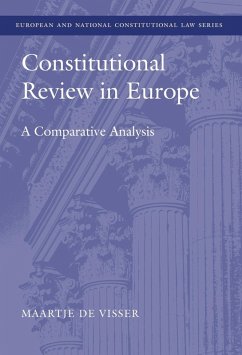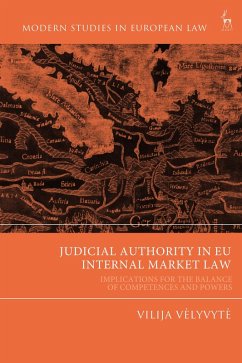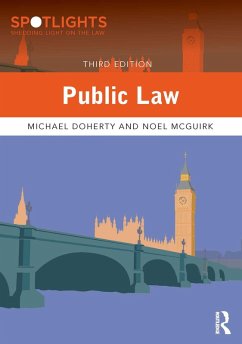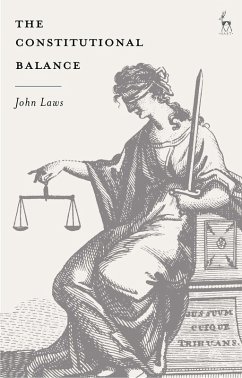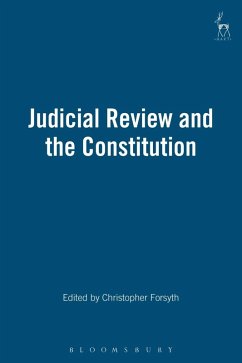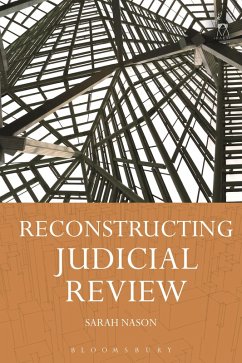
The Appeal of Internal Review (eBook, PDF)
Law, Administrative Justice and the (non-) Emergence of Disputes
Versandkostenfrei!
Sofort per Download lieferbar
74,95 €
inkl. MwSt.
Weitere Ausgaben:

PAYBACK Punkte
37 °P sammeln!
Why do most welfare applicants fail to challenge adverse decisions despite a continuing sense of need? The book addresses this severely under-researched and under-theorised question. Using English homelessness law as their case study,the authors explore why homeless applicants did -- but more often did not -- challenge adverse decisions by seeking internal administrative review. They draw out from their data a list of the barriers to the take up of grievance rights. Further, by combining extensive interview data from aggrieved homeless applicants with ethnographic data about bureaucratic decis...
Why do most welfare applicants fail to challenge adverse decisions despite a continuing sense of need? The book addresses this severely under-researched and under-theorised question. Using English homelessness law as their case study,the authors explore why homeless applicants did -- but more often did not -- challenge adverse decisions by seeking internal administrative review. They draw out from their data a list of the barriers to the take up of grievance rights. Further, by combining extensive interview data from aggrieved homeless applicants with ethnographic data about bureaucratic decision-making, they are able to situate these barriers within the dynamics of the citizen-bureaucracy relationship. Additionally, they point to other contexts which inform applicants' decisions about whether to request an internal review. Drawing on a diverse literature -- risk, trust, audit, legal consciousness, and complaints -- the authors lay the foundations for our understanding of the (non-)emergence of administrative disputes.




